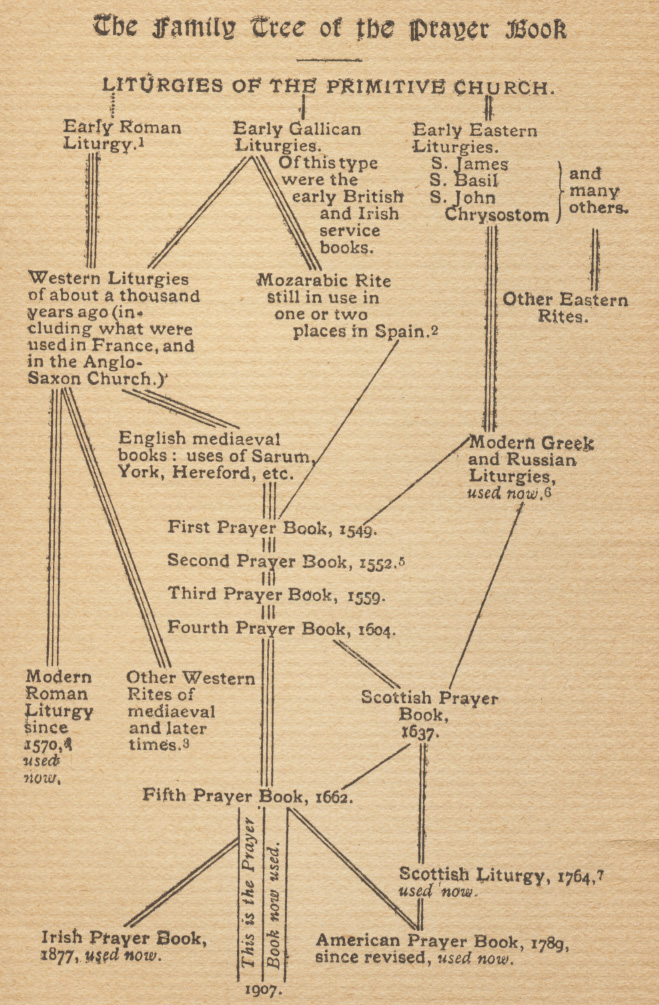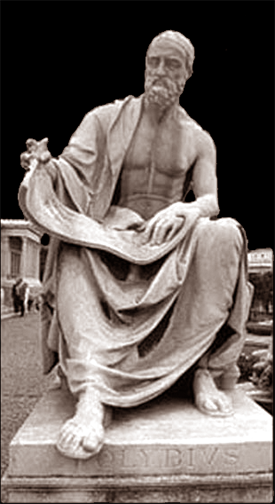
Studying the history of how prayers and hymns are often patchworks of previous material brings to mind the silly notion of intellectual property as conceived by companies like Walt Disney and the music industry tyrants.

Cranmer the man who compiled and even wrote a lot of the 1549 and 1552 Book of Common Prayer was a great thief by contemporary standards.

But I do admire his ability to take the best of previously composed prayers and improve them into classics of beautiful language.
This beauty surprised me when I first encountered it in the seventies and it still draws me in despite my firm endorsement of theology of understanding what one is praying which led to changing the language.

I think I have mentioned here recently realizing that people who crusade to retain the language of the King James Bible and the old Prayer Book make a silly mistake in hearing “thees and thous” as more formal when the intent of these words was intimacy, “thee” and “thou” being the familiar form of “you.”

Anyway, since I’m ranting about Prayer Book stuff I also find it interesting that the Book of Common Prayer is actually no longer a book or common. Authorized rites are so copious that they are no longer gathered under one physical cover. Plus there is not really a “common” prayer of one rite prayed by all but rather a bunch of them provided for use.

Another fun fact along these lines is that before 1963 (Vatican II) the Anglican rite was unique in that it combined a single universal authorized rite with the notion of translating the rite into many languages. This was influenced by the many languages spoken by people in the British empire.
Finally, if you’re still with me (heh), I was surprised to read this epigraph to V.S. Naipaul’s Among the Believers: An Islamic Journey.

“Now, in earlier times, the world’s history has consisted, so to speak, of a series of isolated episodes, the origins and the results of each being as widely separated as their localities. From this point onwards history becomes an organic whole: the affairs of Italy and Africa are connected with those of Asia and of Greece, and all events bear a relationship and contribute to a single end.”
Polybius (died 118 B.C.), on the rise of Rome, translated by Ian Scott-Kilvert

So the idea that entire world is connected is not exactly a new one.

(Since this makes you happy: Hi, Sarah!)

1. Anger Over Plan for Electronic Music in Staging Wagner’s ‘Ring’ Cycle – NYTimes.co
Weird all the way round. I think the musicians threatening is the weirdest part, personally. But this may come from my tendency to think of art as art and not commodity or even primarily a profit thing.
2. In Virginia, Eric Cantor Trounced by David Brat – NYTimes.com
The “trouncing” of Cantor is fascinating. It’s hard not to think that one cannot be that bright to go into public office these days. Our public discourse has devolved into junior high school style cat calls and put downs. Discouraging to watch. I will still vote but it is always an act of futile idealism.
3. Sexism Persists, Even Among the Enlightened – NYTimes.com
Study cited that shows that hurricanes with feminine names kill more than those with masculine names. You know. Because people don’t take women seriously. Ay yi yi.
4. Prisoners at Guantánamo: A Tally of 149 Cases – NYTimes.com
A letter to the editor with a pretty convincing legal tally of the cases that shows the continuing tragedy of America violating its own principles in the name of fear.

INCONCEIVABLE!
Heh.